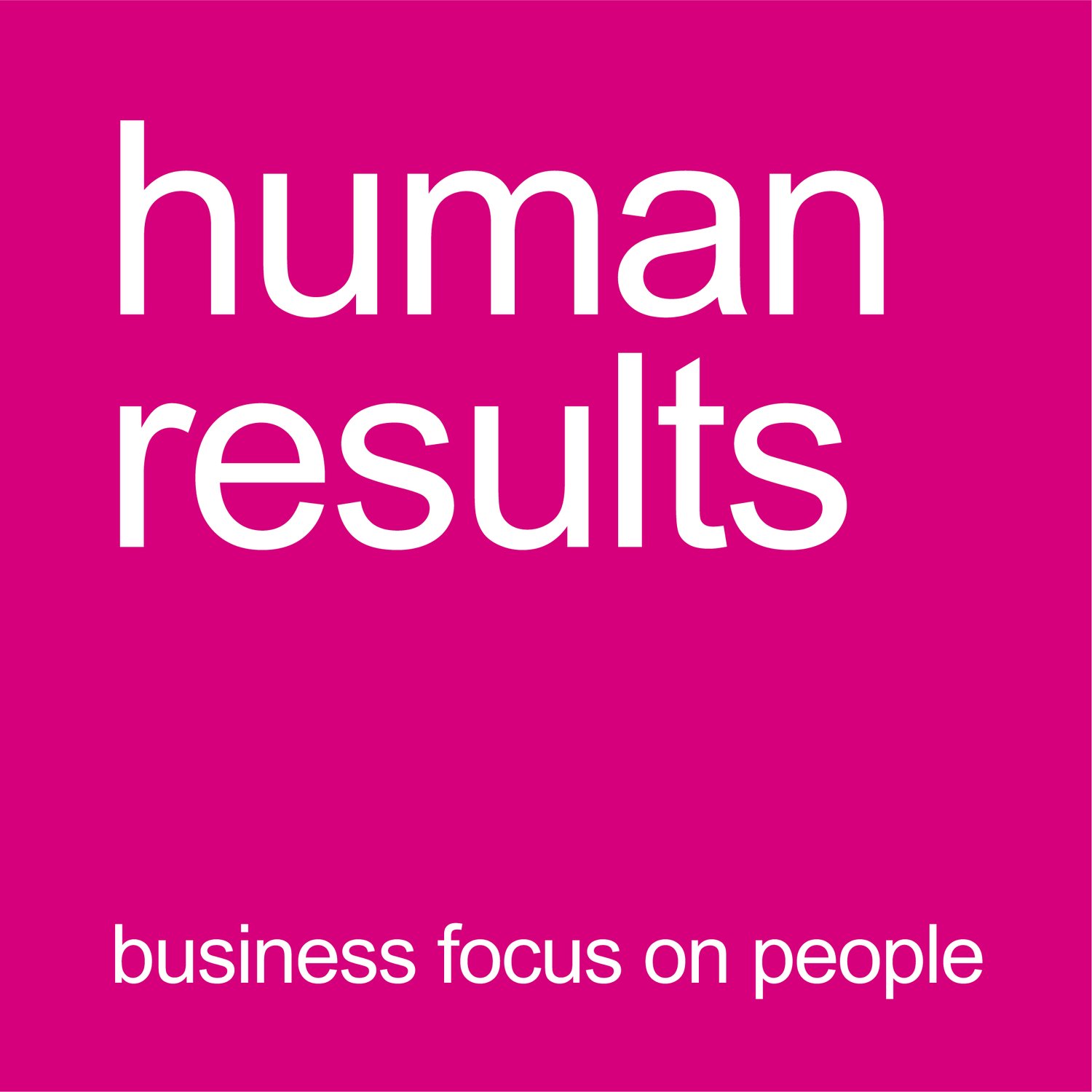Injury to Feelings – Vento Bands
What is ‘Injury to Feelings’ and ‘Vento Bands’?
Employees may be given compensation for financial losses in discrimination lawsuits, but they may also be awarded compensation for “injury to feelings” under the Equality Act 2010. Almost every successful discrimination claim includes an award for injury to feelings at some level.
Compensation for injury to feelings represents the employee’s emotional distress, rather than penalising the employer. It differs from a personal injury claim in that no medical injury is necessary.
Tribunals will use discretion as to how much compensation to award, but the Vento bands are considered in the decision making process. Vento bands originated in the Court of Appeal’s decision in Vento v The Chief Constable of West Yorkshire Police [2002].
The current Vento bands apply to claims presented on or after 6 April 2023:
The lower band (less serious case): £1,100 - £11,200
Middle band (cases that do not merit an award in the upper band): £11,200 - £33,700
The upper band (the most serious cases): £33,700 - £56,200
The most exceptional cases can exceed £56,200
What is discrimination?
Discrimination is when someone is treated unfairly for any of these reasons:
age
disability
gender reassignment
marriage or civil partnership
pregnancy and maternity
race (including colour, nationality, ethnic origin)
religion or belief
sex
sexual orientation
These are called ‘protected characteristics’ under the law (the Equality Act 2010). Discrimination based on any of these protected characteristics is against the law.
Direct vs indirect discrimination
When someone is treated unfairly because of a protected characteristic, such as gender or ethnicity, this is referred to as direct discrimination. This might take the shape of a pregnant employee being denied a promotion because of her pregnancy, or a disabled candidate being passed over for a role because of their disability.
Indirect discrimination occurs when there are rules or arrangements that apply to a group of workers or job candidates but are less fair to a certain protected characteristic in practice. Sometimes, indirect discrimination may not be illegal if an employer can establish that the rule, procedure, or process in question has an “objective justification.”
When an employer could be held responsible for an employee’s actions.
If an employee discriminates against another individual, their employer may also be held liable under the law. This is referred to as ‘vicarious responsibility.’
Whether the employee and the employer are both held accountable is determined by whether the discrimination is related to the employee’s job.
An employer may not be held liable if an employment tribunal determines they took all reasonable precautions to prevent discrimination, harassment, and victimisation by employees.
What an employer can do to prevent discrimination
You can help prevent discrimination in the workplace by steps including:
having an up-to-date equality policy
providing regular anti-discrimination training to staff
making it clear how staff can complain if discrimination happens
regular one-to-one catch-ups between employees and their line managers, to help build positive working relationships
Strong rules are a great place to start, but diversity and inclusion at work should not just be another tick-box exercise in the HR manual.
Equality in the workplace entails equal employment possibilities and treating workers and job applicants fairly.
People shall not be treated unjustly for grounds covered by discrimination legislation (‘protected characteristics’).
Information within this blog has been provided and is under ACAS. With our retained HR services you will have access to employment law experts who can support you with policy development or discrimination claim. Please call us on 01952 288361 for a no-obligation chat or email us at alasdair@human-results.co.uk.

